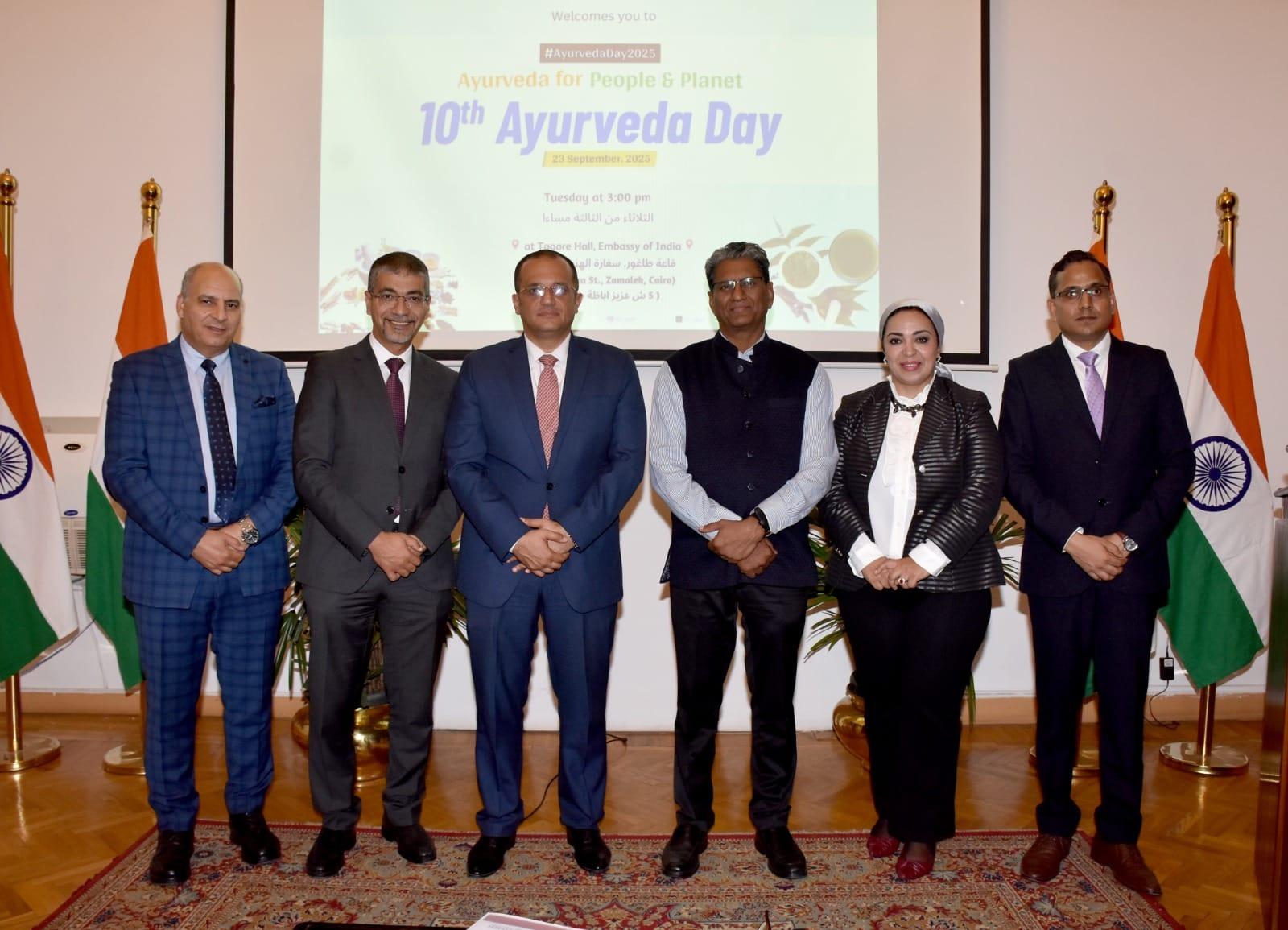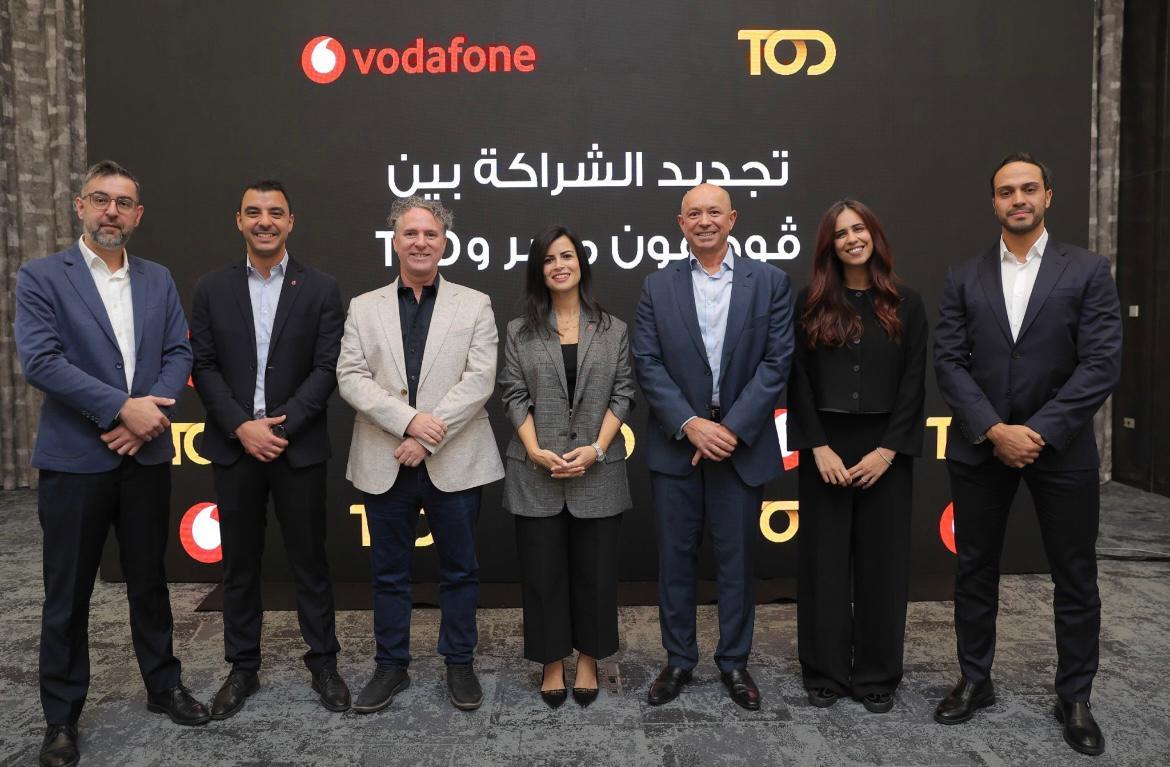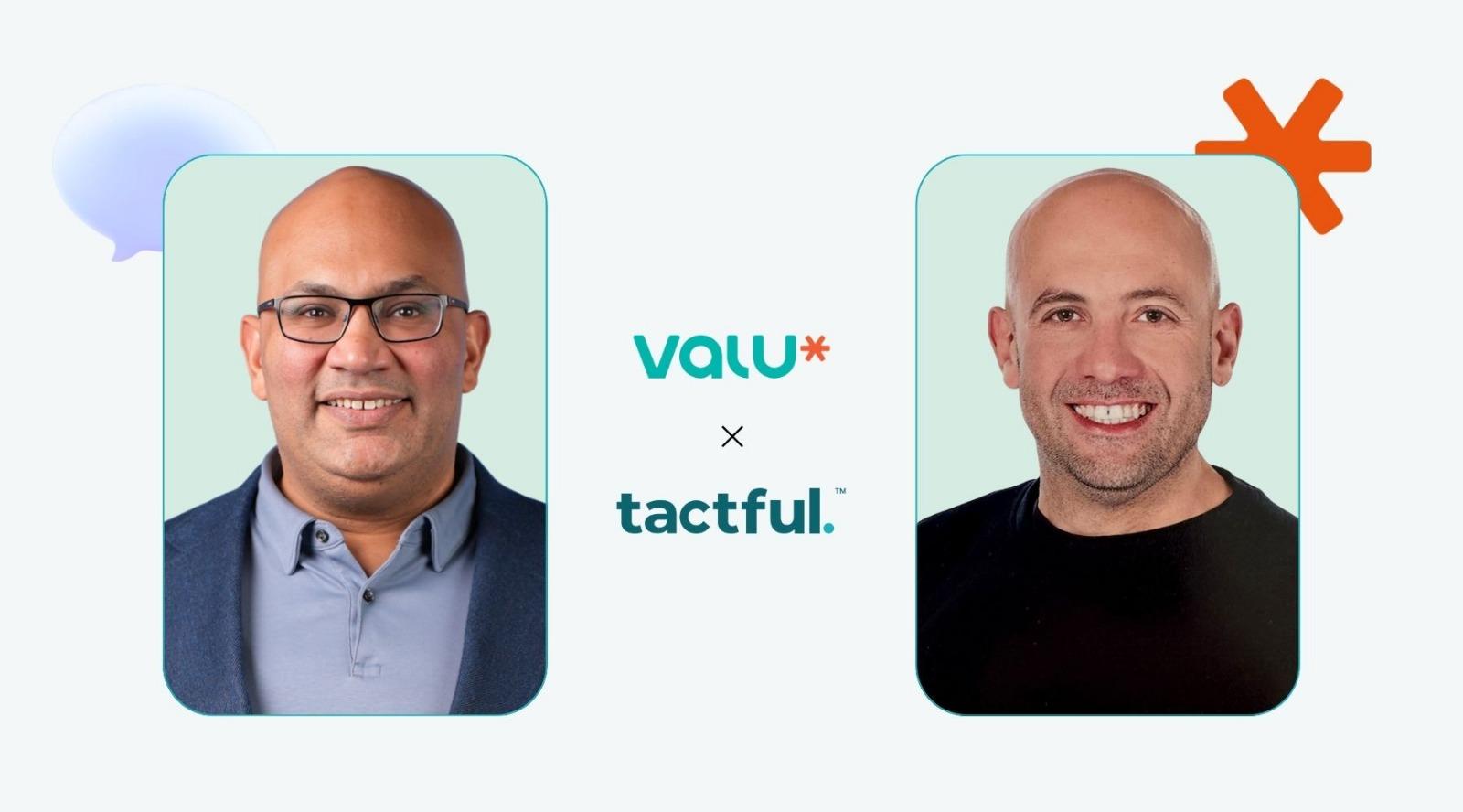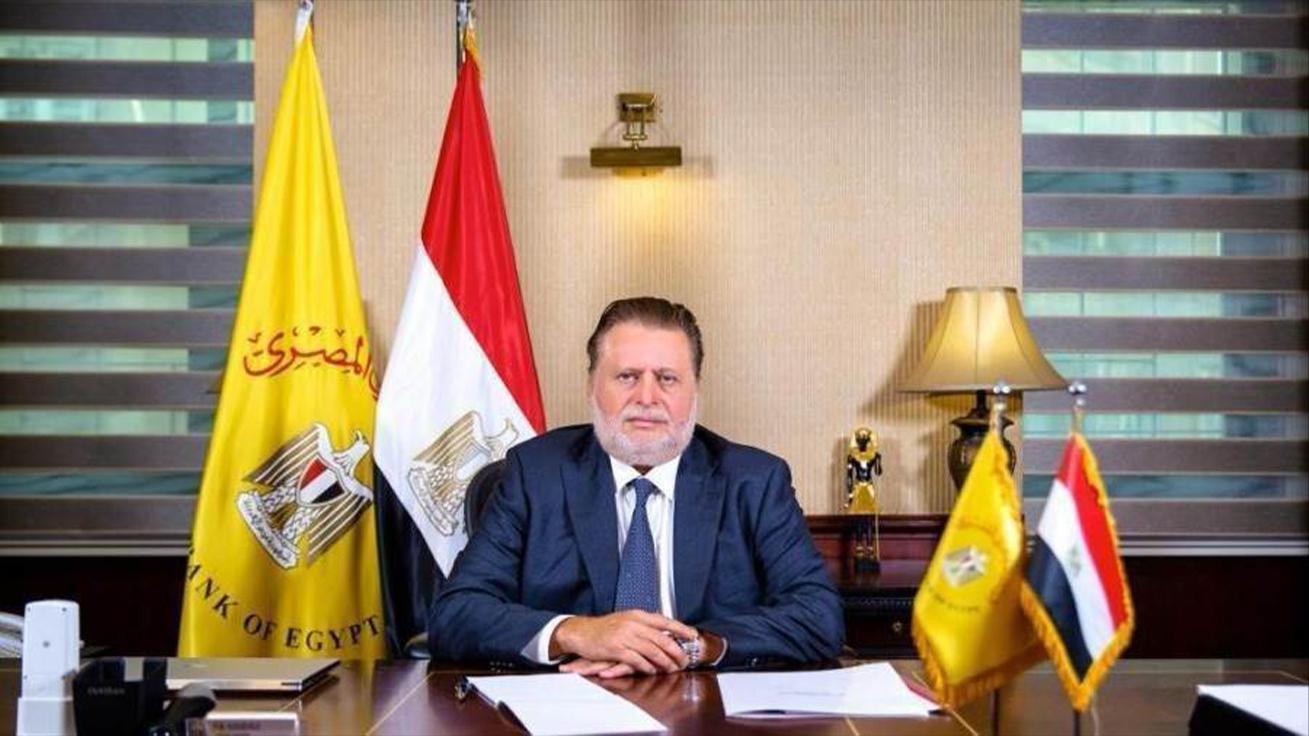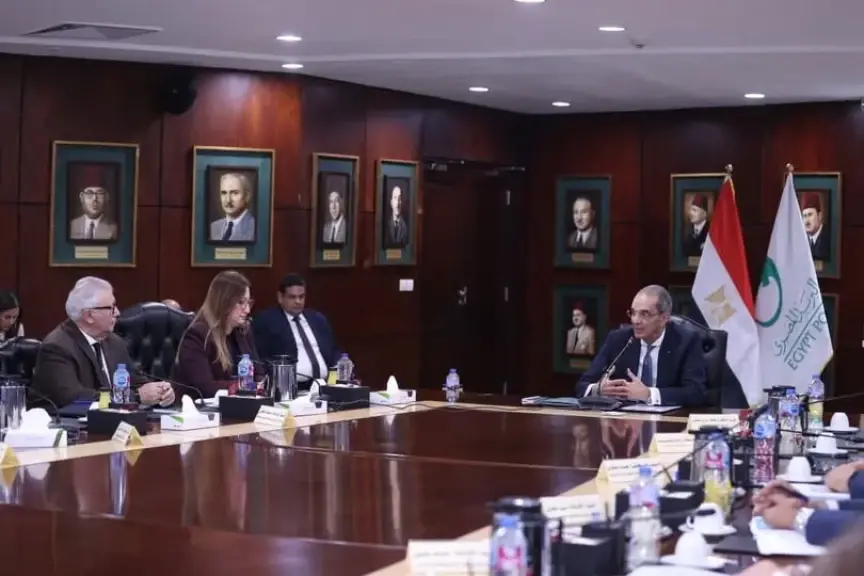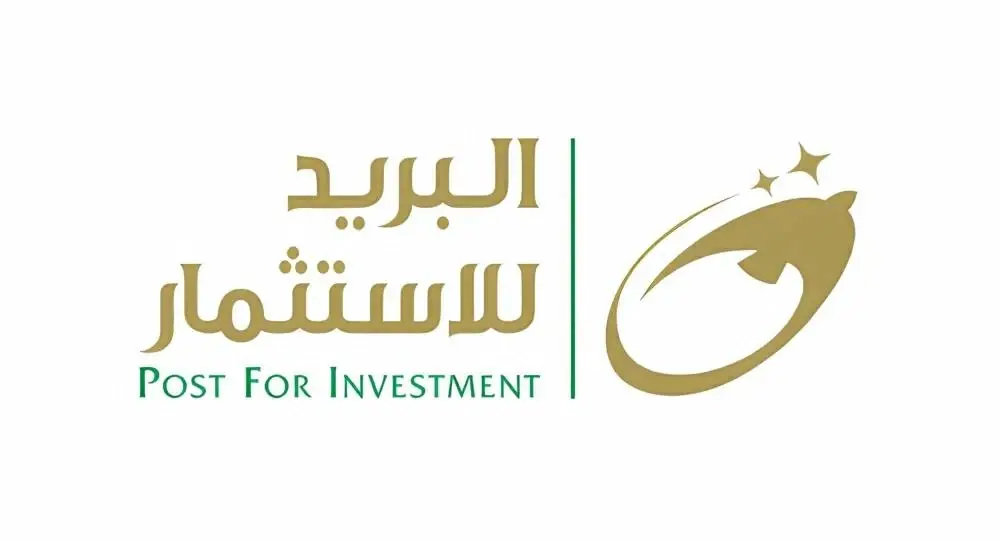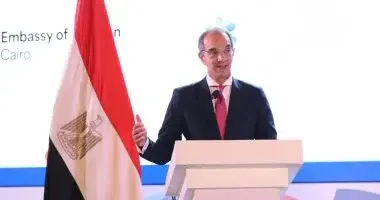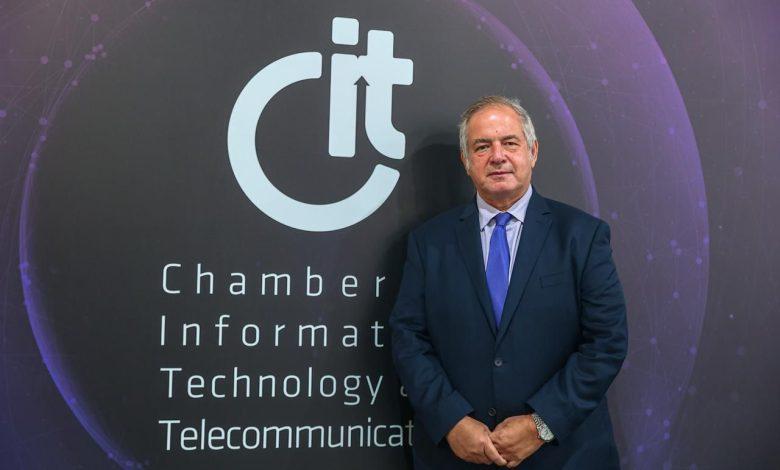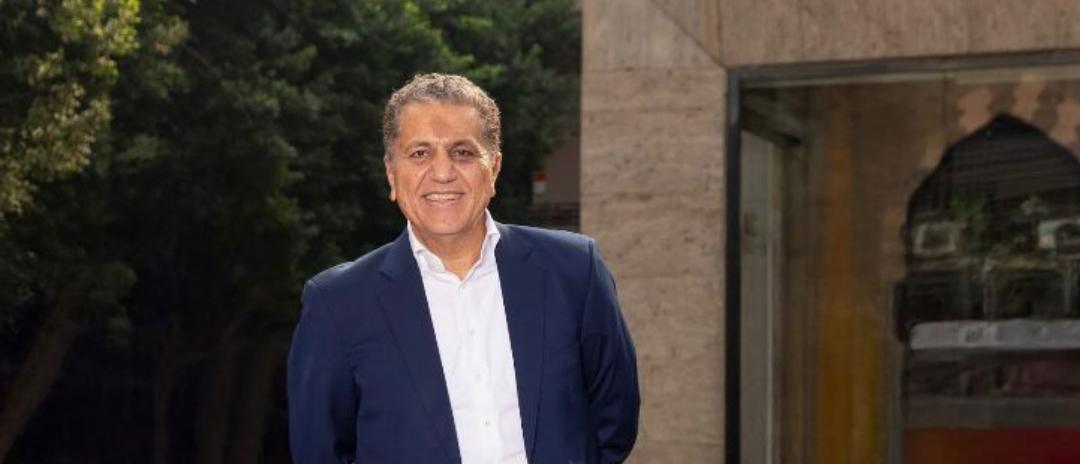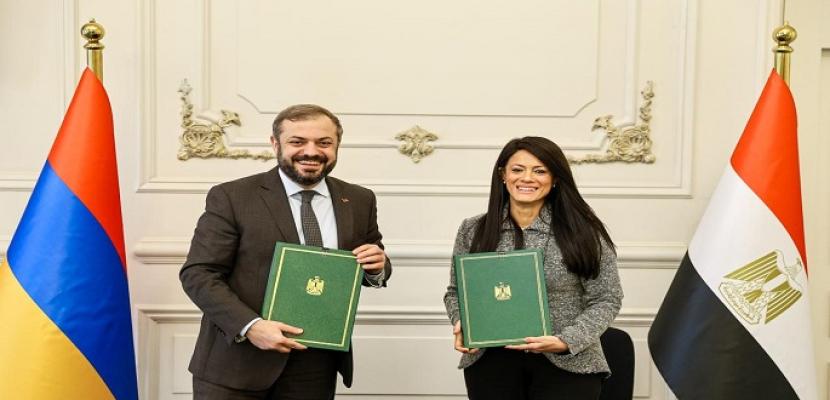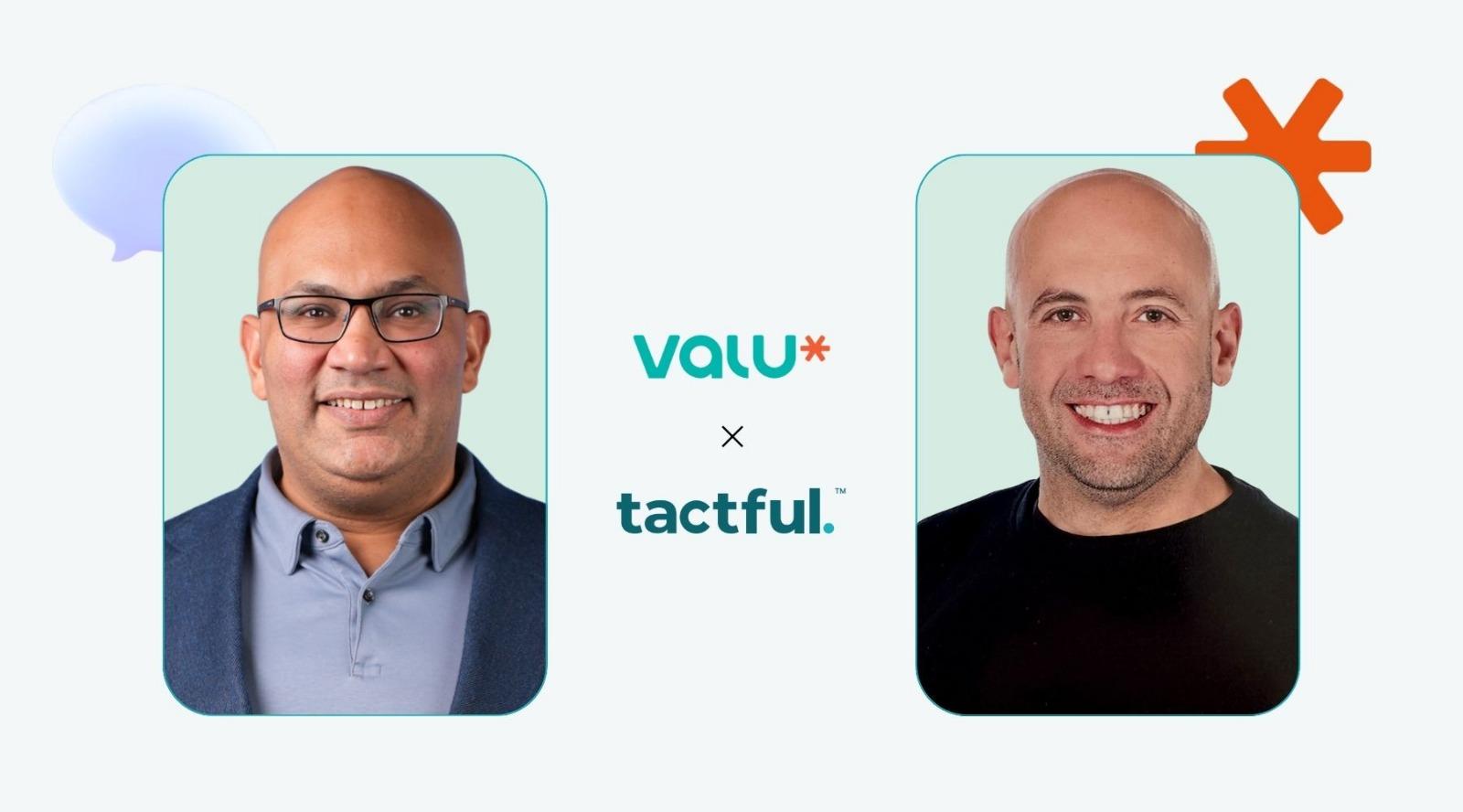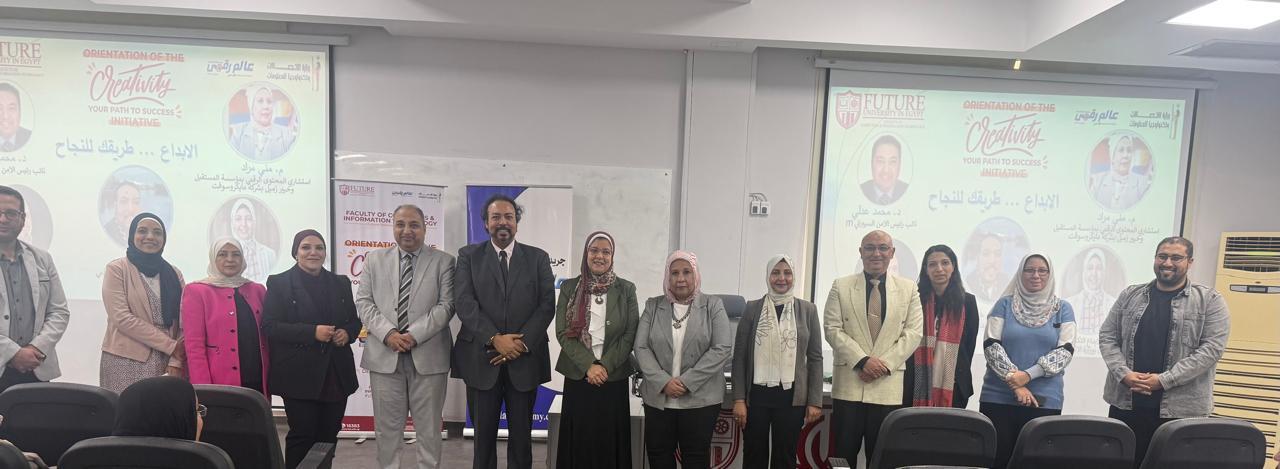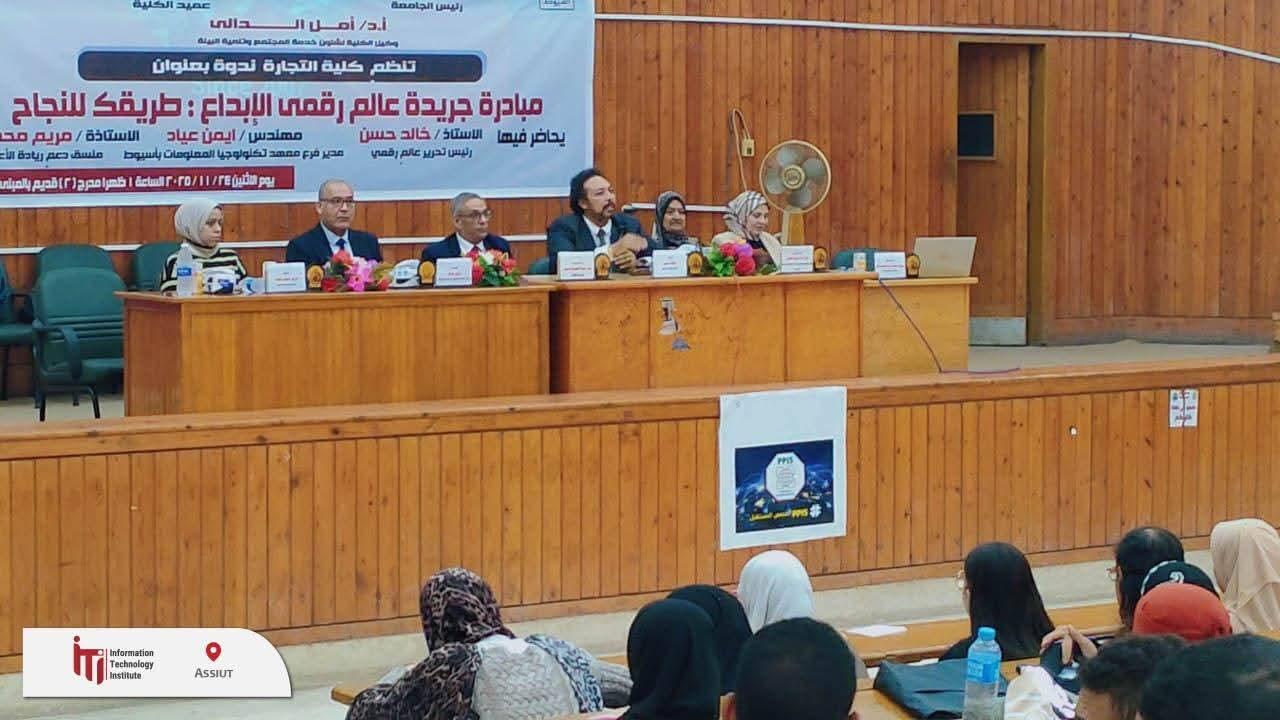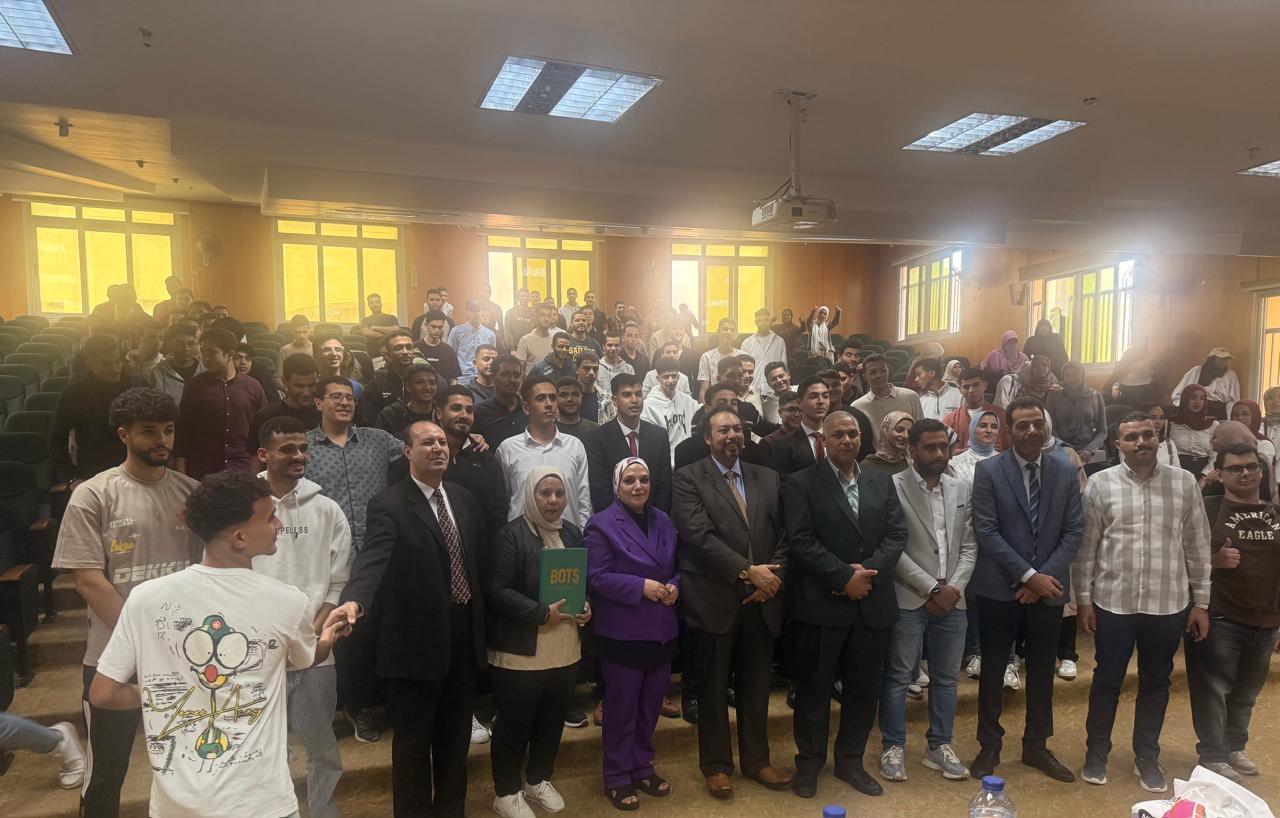By ; Bakinam Khaled
The Embassy of India in Egypt, marked Ayurveda Day with a special program showcasing the growing role of complementary medicine in preventive and holistic healthcare.
The event brought together a distinguished panel, including H.E. Mr. Suresh K. Reddy, Ambassador of India to Egypt, Prof. Aliaa Elgendy, Head of Complementary Medicine Department, National Research Centre, Egypt, Prof. Mohamed Elshennawi, President of Galala National University, and Dr. Prakash, Cultural Direcyor, Embassy of India in Egypt.
In his keynote address, Ambassador Reddy highlighted the systematic process of education and licensing in India for practicing Ayurveda, ensuring scientific rigor and quality in the system. He also underlined how millions benefited from Ayurvedic practices and remedies during the COVID-19 pandemic, reinforcing its role as a reliable and complementary system of medicine.
Through live video conferencing, Sushain connected top Ayurvedic doctors from India with the Egyptian audience. The doctors explained the scientific principles of Ayurveda, shared details about Panchkarma therapies, and addressed questions from participants, helping to clarify misconceptions and highlight Ayurveda’s relevance as a trusted system of complementary medicine. Sushain, a pioneering digital platform for Ayurveda, currently hosts 25,000+ authentic Ayurvedic products sourced directly from manufacturers and a network of 2,000+ certified doctors for telemedicine consultations
Speaking at the event, Vikram Singh Parmar, Founder of Sushain, said:
“Ayurveda’s global journey depends on trust and authentic representation. By bringing expert doctors directly to the people through technology, we are making Ayurveda accessible, scientific, and interactive. This initiative is not just about awareness, it is about building confidence in Ayurveda as an integral part of modern complementary healthcare.”
The enthusiastic participation and engagement at the event reaffirmed that complementary medicine, particularly Ayurveda, holds strong potential in shaping the future of preventive healthcare in Egypt and beyond.
